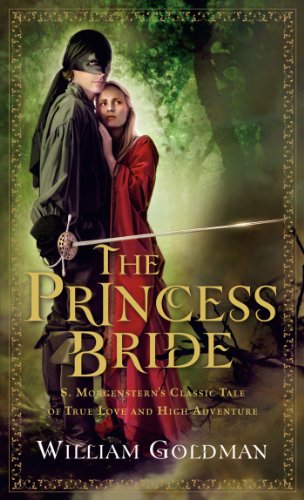
I’m finding Matt Coyle’s Rick Cahill mystery series fascinating. Rick Cahill, La Jolla, California private eye, possesses an excellent Raymond Chandler-style narrator’s voice. His essentially pessimistic world view is mitigated by the suffering he’s endured. A lot of that suffering is self-inflicted, because he still blames himself for the death of his wife. She was murdered, but not by him. Nevertheless, she’d still be alive if he hadn’t made one big mistake.
Another memory that eats at him is of his father. Rick’s father was a policeman in La Jolla, an upright and respected man. But he was thrown off the force for corruption, and crawled into a bottle to die. Rick can’t forgive himself for rejecting his dad at the end, but also deeply resents him for his failures.
At the start of Blood Truth, the new owner of Rick’s boyhood home discovers a hidden safe in a wall and invites him to come pick it up. Rick has the safe opened by a locksmith and finds three items in it – a “Saturday Night Special” pistol with two bullets fired, an envelope full of money, and the key to a safe deposit box. When Rick locates the box the key fits, he finds it contains two spent .25 caliber cartridges, suitable to the gun in the safe.
Rick’s code is inflexible – he means to find out what all this means. He assumes it’s evidence of his father’s corruption. It doesn’t matter – the truth needs to come out. People tend to get hurt when Rick goes on crusades like this, and he’ll be sorry about that later. But the truth, first and last.
Meanwhile, Rick’s old girlfriend Kim, for whom he still has feelings, asks him to follow her husband. She thinks he’s having an affair. It turns out to be more than that – the husband’s not just in bed with another woman, he’s “in bed” with some of the most dangerous people in the state, way over his head in a shady business deal going murderous. But you can’t scare Rick off – he’s the kind of tough guy who’ll sneak out of the hospital while being treated for a knife wound, bringing his saline bag with him.
No Rick Cahill story is optimistic, but this was one of the more hopeful in the series. There’s a long narrative arc playing out through these books, as Rick faces down his old personal devils one by one. The total effect is positive. I recommend Blood Truth, if you can handle the dark atmosphere.








